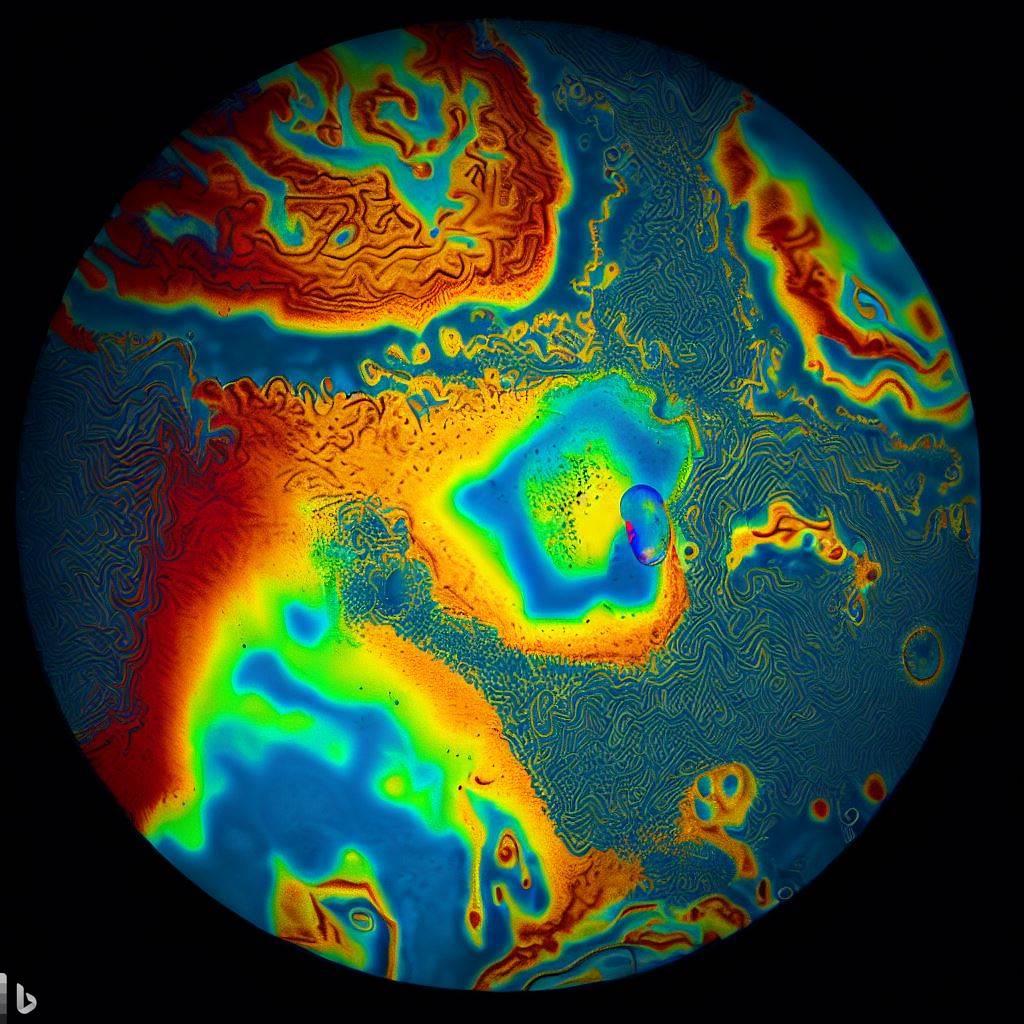Climate change is one of the most pressing challenges facing humanity today. As our planet's temperature rises due to the accumulation of greenhouse gases in the atmosphere, it's imperative that we find innovative solutions to mitigate its impact. Artificial Intelligence (AI) has emerged as a potent tool in this battle, offering a range of applications that can help us tackle climate change head-on.
1. Climate Modeling and Prediction
AI excels at processing vast amounts of data and identifying complex patterns. In the context of climate science, this means more accurate climate modeling and prediction. Climate models powered by AI can simulate various scenarios, enabling scientists to make more precise forecasts about temperature changes, sea-level rise, and extreme weather events. This predictive power is invaluable for governments and organizations planning for climate adaptation and mitigation strategies.
2. Renewable Energy Optimization
Transitioning to renewable energy sources like wind and solar power is a crucial step in reducing carbon emissions. AI plays a pivotal role in optimizing renewable energy generation. Machine learning algorithms can forecast renewable energy production based on weather conditions, allowing for better grid management and energy storage. This helps maximize the efficiency of renewable energy systems and ensures a stable energy supply.
3. Energy Efficiency
AI-driven systems can significantly enhance energy efficiency in various sectors. For instance, in industrial processes, AI can optimize energy consumption, reduce waste, and lower carbon emissions. In buildings, smart HVAC and lighting systems controlled by AI can adjust energy usage based on occupancy and environmental conditions, leading to substantial energy savings.
4. Carbon Capture and Sequestration (CCS)
CCS technologies are essential for capturing carbon dioxide emissions from power plants and industrial facilities and storing them underground to prevent their release into the atmosphere. AI assists in identifying suitable CCS sites and monitoring the safety and effectiveness of these projects. This technology ensures that we can continue to use fossil fuels during the transition to cleaner energy sources while mitigating their environmental impact.
5. Climate Resilience
AI helps communities become more resilient to the effects of climate change. By analyzing historical weather data and predicting future conditions, AI can assist in disaster preparedness and response. Early warning systems powered by AI can save lives by providing advance notice of events like hurricanes, floods, and wildfires.
6. Sustainable Agriculture
AI-driven precision agriculture techniques optimize farming practices, reducing the environmental impact of agriculture. By monitoring soil conditions, crop health, and water usage, AI helps farmers increase crop yields while conserving resources and reducing greenhouse gas emissions from agriculture.
Challenges and Ethical Considerations
While AI offers immense promise in the fight against climate change, it also presents challenges and ethical considerations. These include:
-
Data Privacy and Security: The collection and analysis of large datasets for AI applications raise concerns about data privacy and security. Safeguarding sensitive information is essential.
-
Energy Consumption: Training AI models can be energy-intensive, leading to a potential paradox where AI is used to combat climate change but consumes substantial energy itself. Developing energy-efficient AI algorithms is critical.
-
Bias and Fairness: AI algorithms can inherit biases present in their training data, potentially leading to unfair or discriminatory outcomes. Ensuring fairness and inclusivity in AI applications is an ongoing challenge.
Conclusion
Artificial Intelligence is not a panacea for climate change, but it is a powerful ally in our efforts to combat this global crisis. Its ability to process vast datasets, make predictions, optimize energy use, and support climate modeling makes AI an indispensable tool. However, as we leverage AI's capabilities, we must do so responsibly, addressing ethical concerns and ensuring equitable access to these technologies. With a concerted effort, AI can help us navigate the complex challenges of climate change and work toward a more sustainable and resilient future for our planet.









Add a Comment: